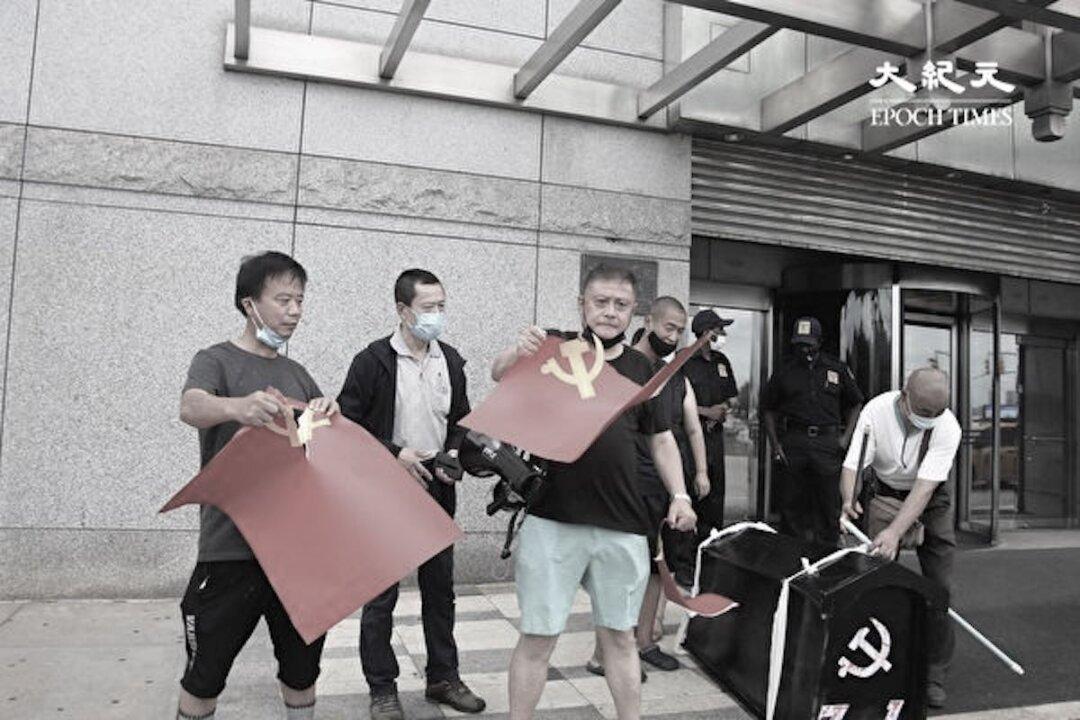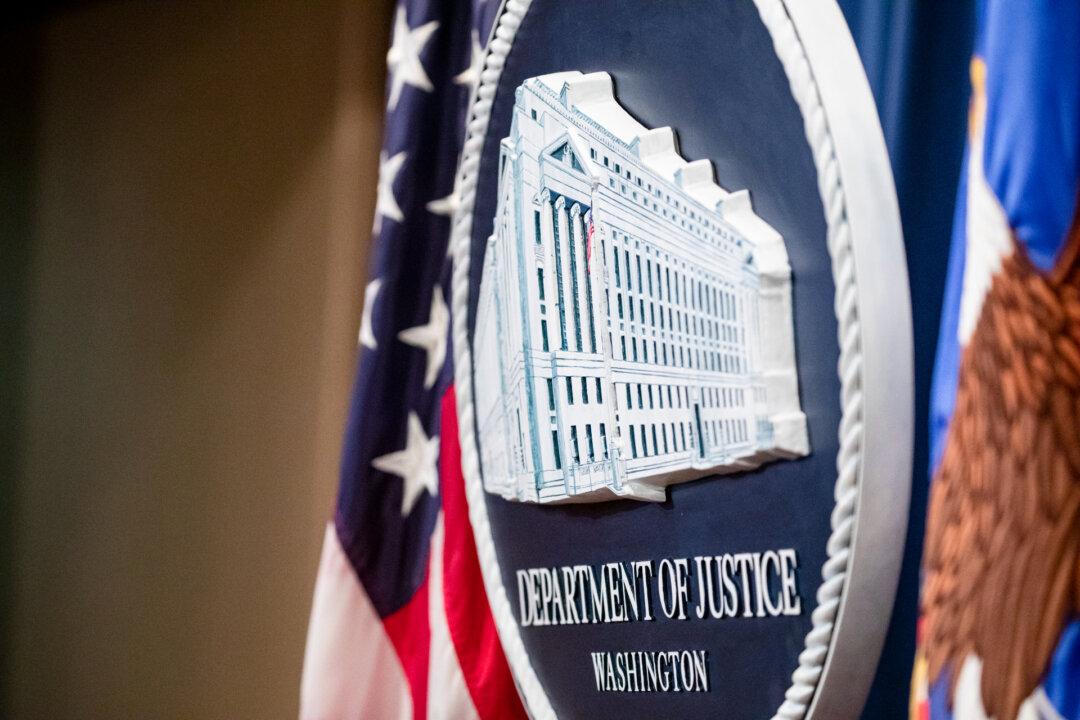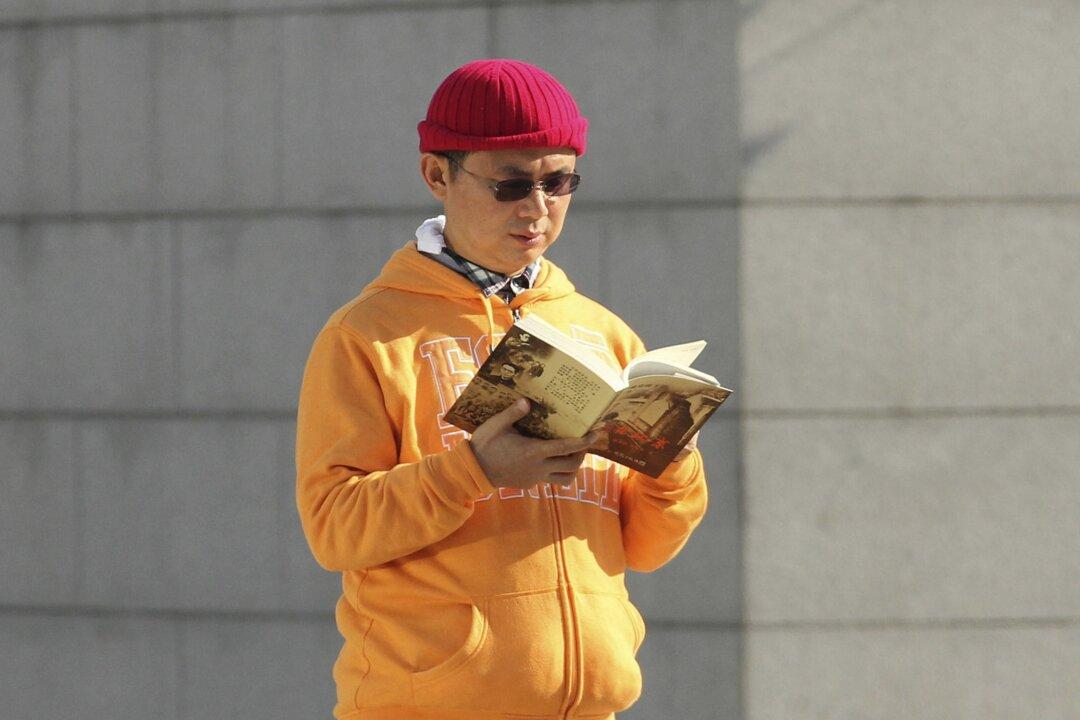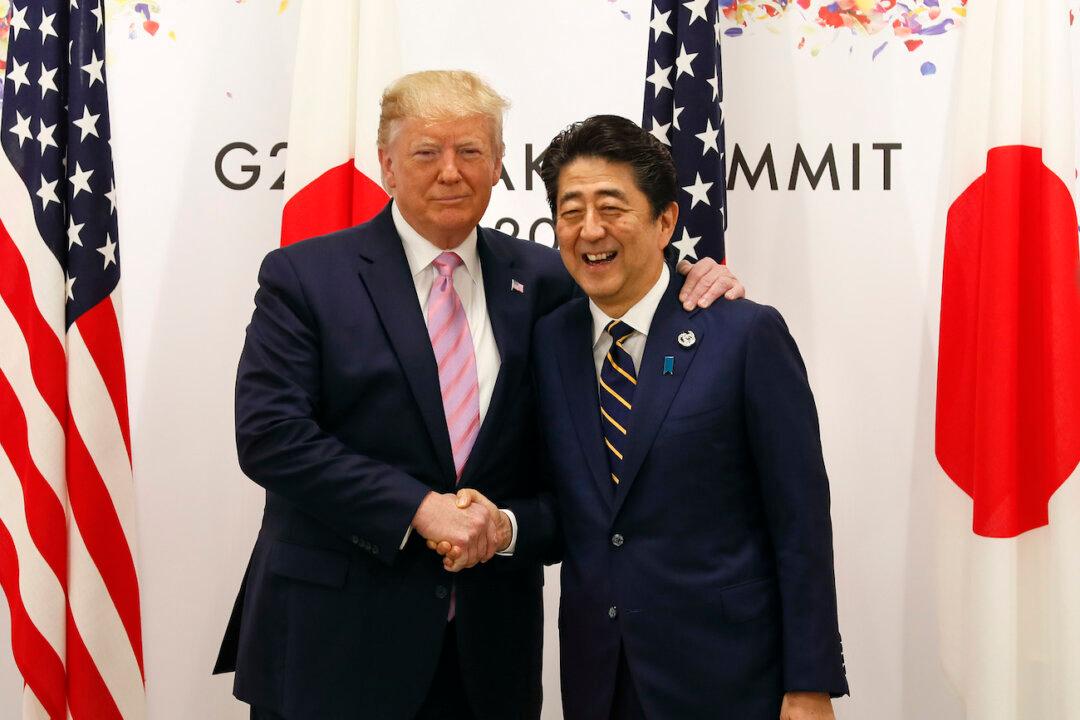In multiple countries, groups launched protests in front of China’s consulates and denounced the brutal rule of the Chinese Communist Party (CCP) in China on July 1, the 100th anniversary of the founding of the CCP.
The United States
On July 1, scores of residents from the Greater New York region rallied in front of China’s consulate general in New York City to protest the CCP’s brutal rule in China. They burned down the red flags of the CCP that represent bloodiness and brutality. They also displayed a black coffin, which signifies a curse upon the organization, wishing for it to meet its end as soonest as possible.The whole day’s rallies were divided into morning and afternoon parts. Different groups took their turns to show up. In the morning, the Democracy Party of China (DPC), the Chinese Democracy & Human Rights Alliance (CDHRA), and the Shanghai National Party were present; while in the afternoon, Students for a Free Tibet, the Regional Tibetan Youth Congress of NY & NJ, and Humanitarian China were there.





